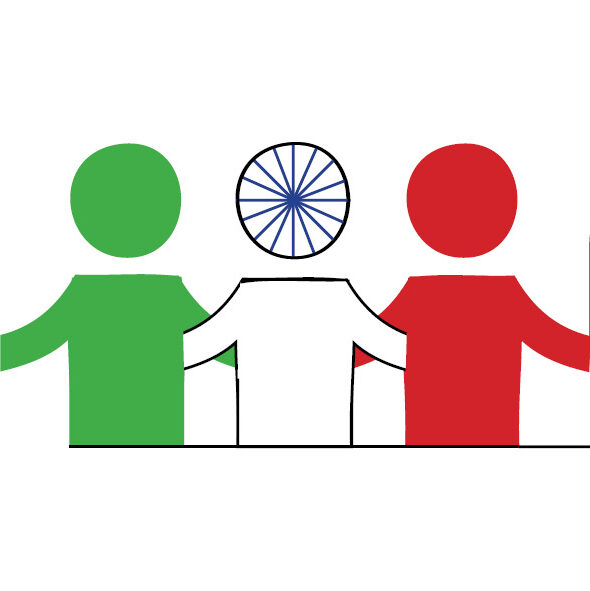
Whether You Like Luck Or
Luck is a fascinating concept that has been both celebrated and condemned throughout human history. Whether we like it or not, luck seems to play a significant role in the unfolding of our lives. From a chance encounter that leads to a job offer to the lottery ticket that wins millions, luck can alter the course of our existence in the blink of an eye. But what does it mean to rely on luck, and how does it shape our beliefs and decisions? Even in environments like Whether you like luck or vivibet, luck is a theme that looms large in the backdrop of chance and choice, often blurring the lines between skill and serendipity.
The Nature of Luck
Luck can be described as an unpredictable force that influences outcomes. It is often perceived as a random occurrence that can sway the odds in one’s favor or against it. Philosophically, luck challenges our understandings of control and destiny. Is luck merely a matter of chance, or does it reflect something deeper about our environment and actions? Many believe that luck is simply an illusion—a narrative we tell ourselves when outcomes are beyond our control, while others argue it is a tangible force, perhaps even a divine element at play in our lives.
The Positive Aspects of Luck
There is an undeniable allure to the idea of luck. It brings with it a sense of excitement; the anticipation of what could be. Positive experiences of luck often motivate people to dream bigger and take risks. For instance, when someone wins a game or a monetary prize, it creates a buzz of hope among onlookers, inspiring them to believe in possibilities that extend beyond their immediate reach. This optimism can be valuable, contributing to greater creative thinking and innovation.

Luck in Different Cultures
Different cultures have varied beliefs about luck, which are often intertwined with spirituality and worldview. In Western cultures, luck is frequently viewed through the lens of chance and randomness, whereas, in Eastern philosophies, such as those found in Buddhism or Chinese traditions, luck might be seen as a reflection of karma—a balance of deeds and consequences. The influence of luck in these cultures shapes customs, superstitions, and even economic behaviors, defining how individuals approach risk and decision-making in daily life.
Harnessing Luck: Is It Possible?
One might wonder if it is possible to harness luck to our advantage. Many strategies have been developed around increasing one’s odds of “lucky” outcomes. These include maintaining a positive mindset, networking with others, and continuously seeking new experiences. The concept of “creating your own luck” has gained traction; rather than waiting for fortunate events to happen, individuals are encouraged to position themselves to seize opportunities when they arise. This involves preparation, proactive behavior, and an openness to new possibilities.
The Flip Side: When Luck Runs Dry
While we may celebrate the good fortune that luck brings, the opposite side often feels more profound. Bad luck can create challenges and hardships that can be difficult to navigate. The psychological impact of perceived bad luck can lead to feelings of hopelessness and a victim mentality, which can further perpetuate a cycle of discouragement. Understanding this dynamic is crucial; it reminds us that while luck is an element at play in our lives, it should not be the sole determinant of our path.

Luck vs. Skill: Finding the Balance
The debate between luck and skill is a common theme in discussions about success. For every story of an unlikely lottery win, there is a story of a relentless entrepreneur who worked tirelessly to build a thriving business. The key challenge, then, is finding the balance between accepting the role of luck in our lives while also acknowledging the importance of hard work and perseverance. Individuals who succeed often express that, while they may have experienced moments of luck, it was their dedication and resilience that ultimately paved the way for their achievements.
The Role of Luck in Decision-Making
Luck tends to loom large in decision-making processes, especially in uncertain situations. Humans are instinctively drawn to patterns and signals that might hint at favorable or unfavorable outcomes. When faced with decisions that could lead to either great success or monumental failure, awareness of luck’s potential influence can help inform better decisions. This doesn’t mean one should solely rely on luck; instead, it emphasizes the importance of coupling mindful decision-making with an understanding of the unpredictable nature of luck.
Conclusion: Embracing Luck in a Controlled Way
Ultimately, whether we like luck or not, it remains an integral part of the human experience. Embracing the randomness of life while also striving for control over our destinies can lead to a fulfilling and balanced existence. By understanding the nuances of luck and its influence, we can learn to navigate our paths with greater awareness and resilience. So the next time you find yourself at a crossroads, whether pondering a new venture or simply rolling the dice, remember that luck may play a role—but it is your choices that will define your journey.


